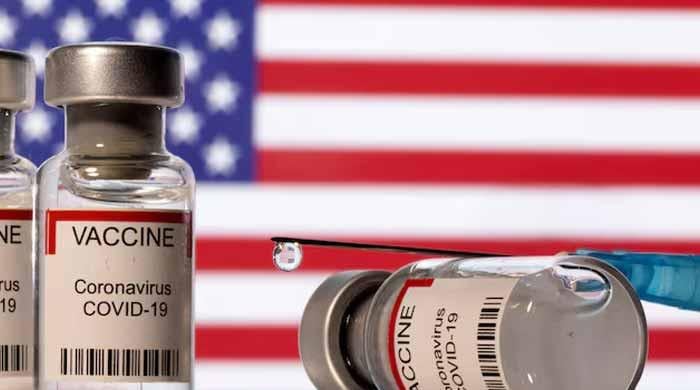Study shows miraculous health benefits of honey
“These results are surprising because honey is about 80% sugar,” said researcher and study author Tauseef Khan
November 19, 2022

A team of researchers from the University of Toronto found that honey can be great for cardiometabolic health by regulating cholesterol levels and maintaining blood sugar.
While more often than not adding honey to meals means adding flavour, research has shown that it can also dramatically benefit health. The team also found that raw honey from a single floral source has the most impact.
The study authors analysed a large number of clinical trials on honey and conducted a systematic review and meta-analysis. They concluded that the consumption of honey led to the reduction of fasting blood glucose and it also lowers LDL often called "bad cholesterol" for being a marker of fatty liver disease.
Not only was honey found to lower LDL but it was also seen boosting the levels of "good cholesterol, the HDL.
“These results are surprising because honey is about 80% sugar,” said Tauseef Khan, a research associate in nutritional sciences at U of T’s Temerty Faculty of Medicine, in a university release.
“But honey is also a complex composition of common and rare sugars, proteins, organic acids and other bioactive compounds that very likely have health benefits," he explained.
The latest project by the U of T's team is the most comprehensive and detailed review when it comes to the benefits and miracles of honey. It has not only focused on the simple pros and cons but also studied the processing and floral source.
John Sievenpiper, an associate professor of nutritional sciences and medicine at U of T, and also a clinician-scientist at Unity Health Toronto, said that most nutrition and public health experts believe that "a sugar is a sugar".
“These results show that’s not the case, and they should give pause to the designation of honey as a free or added sugar in dietary guidelines,” he said.
The team, who published in the journal Nutrition Reviews, of experts emphasised the context of their findings, saying that the benefits were seen in people who were following healthy dietary routines. Khan said that the team did not think that adding honey to the diet would suddenly make them healthy.
“The takeaway is more about a replacement — if you’re using table sugar, syrup or another sweetener, switching those sugars for honey might lower cardiometabolic risks," explained Khan.
The authors studied 18 controlled trials which made their sample more than 1,100 participants. They made sure to grade each trial to know which ones had a low certainty of evidence. Nevertheless, the results showed that honey was either beneficial or the effects were neutral, depending on the quantity, processing, and floral source.
Around two tablespoons of honey (or 40 grams) was the median daily dose across trials. They found that honey from monofloral sources has the biggest health impact.









